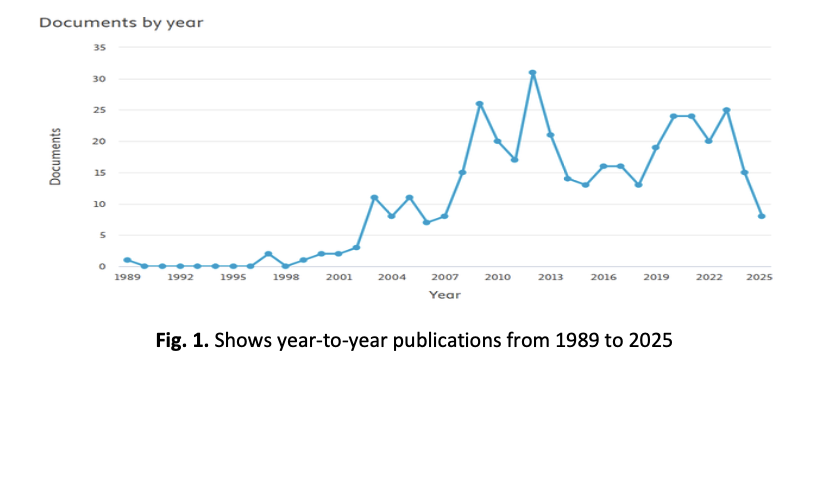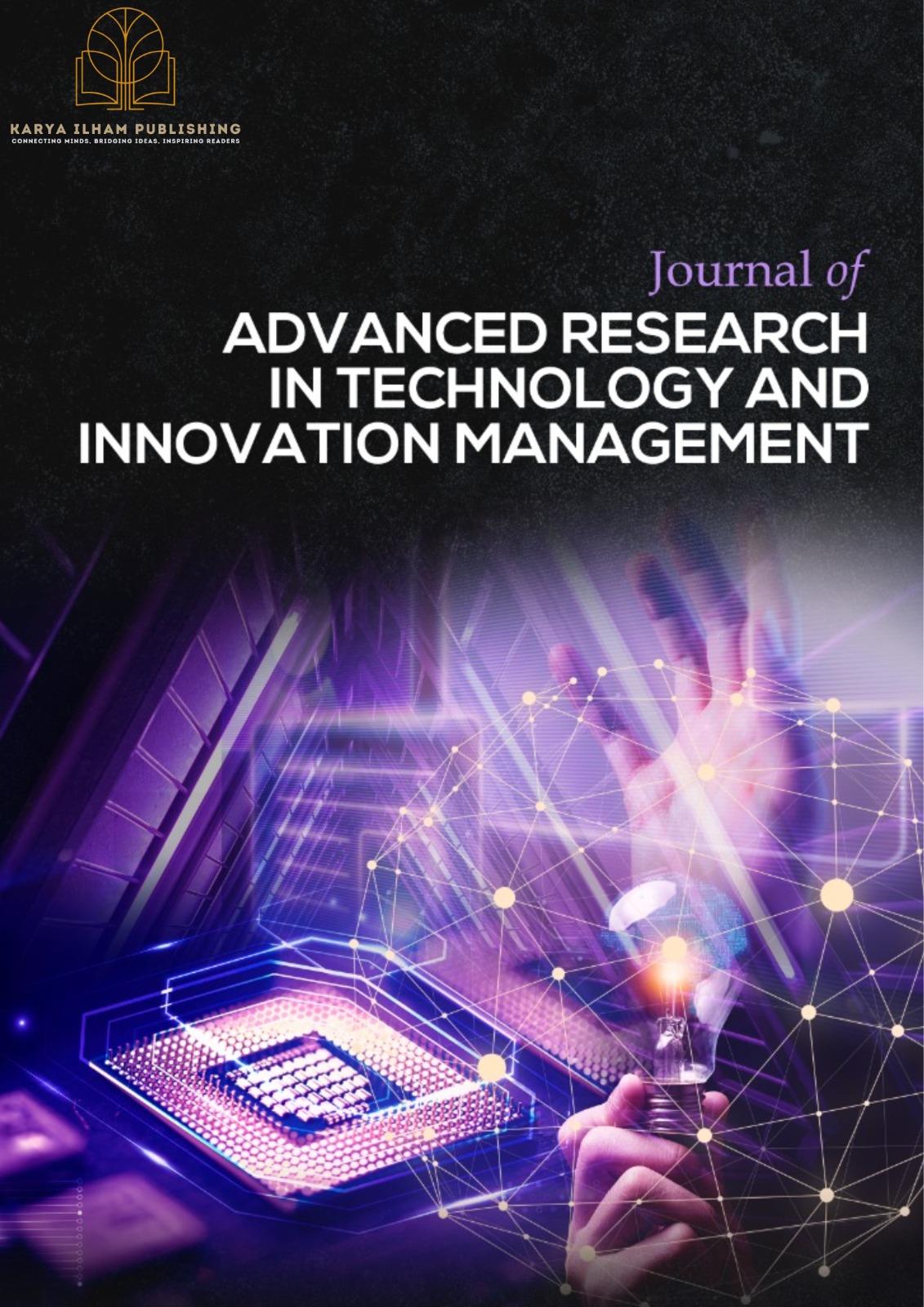Contributions of E-Mentoring Program in Mentees Academic Performance: Bibilometric Study
Keywords:
E-mentoring, communication, self-efficacy, psychosocial, academic performance, bibilometric analysis, VOSviewerAbstract
The effectiveness of novice mentoring or mentoring between a senior and a junior is compromised by the lack of trained mentors available. Therefore, this study considered the variables of support, communication, self- efficacy, psychosocial, and academic performance in determining students’ academic performance through mentoring. Numerous academics are interested in this field because of the possibilities of E-mentoring. Readers may learn more about the subject from this study report. The study is a thorough analysis of 392 papers that were gathered between 1989 and 2025. This paper will concentrate on the results of influential authors, articles, countries/territory, and subject area. Utilizing the use of co-citation and co-occurrence networks, this paper also made an effort to identify different themes that developed and changed during the active years. The rising amount of research articles and the general acceptance of E-mentoring in several nations require the implementation of bibliometric analysis to provide a comprehensive set of information that is able to assist researchers in identifying the most pertinent work that has been conducted thus far. This can be accomplished by exploring various aspects of the E-mentoring research domain and identifying possible future study directions using the VOS Viewer and Biblioshiny tools.










